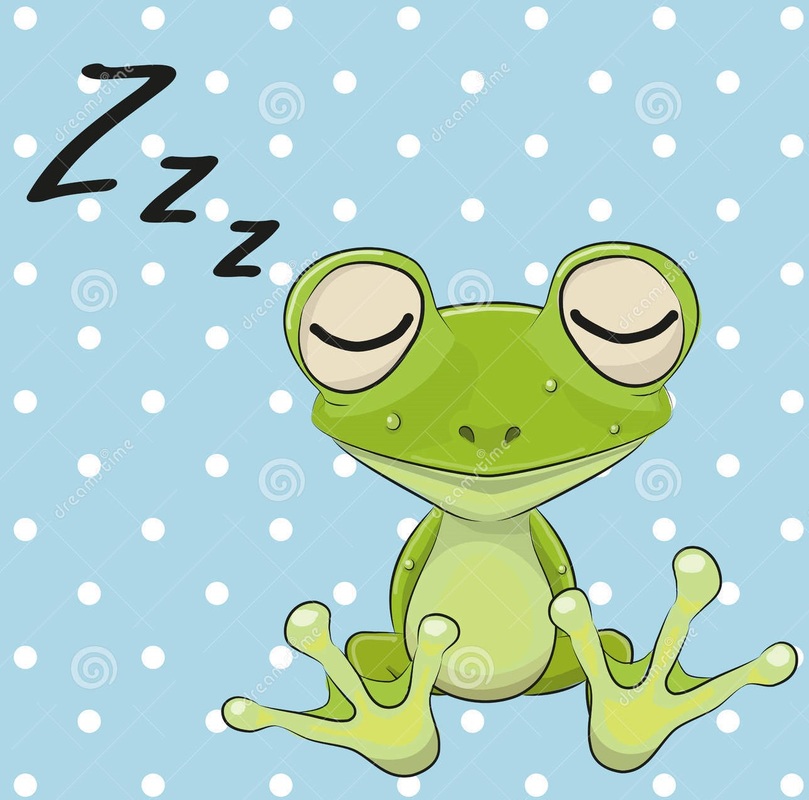1. Did you know that humans are the only mammal that willingly delays sleep? Yep. Most critters just sleep when we're tired. But man consciously keeps himself, past the point of being tired, simply to watch the Late Show on TV....
2. Higher attitudes cause sleep disruption; the higher up you live, the more difficult it is to sleep. It's thought to be caused by diminished oxygen levels. 3. Humans naturally feel tired at two different times of the day; 2 a.m. and 2 p.m. 4. Newborn humans sleep 14-17 hours a day, on irregular schedules...as most new parents can attest to. The periods spent awake can range from only one to three hours. 5. The human body never adjusts to shift work. 6. Scientists still don't know, and probably never will, if animals dream during REM sleep, as humans do. (I do but then I'm fairly atypical.) 6. people who don't get enough sleep tend to have bigger appetites, probably because of falling leptin levels, an appetite-controlling hormone. 7. 12% of humans dream only in black and white. 8. Two-thirds of a cat's life is spent sleeping, while a giraffe needs less than two hours of sleep. Brown bats require 19.9 hours of sleep. Humans fall somewhere in the middle, spending 1/3 of their life asleep. 9. It's not uncommon for deaf people to use sign language in their sleep. 10. Dysania is the state of finding it hard to get out of bed in the morning (Many of us suffer from that, I dare say.) 11. Sleep deprivation will kill you faster than food deprivation. 12. Falling asleep should, ideally, take 10-15 minutes. 13. Pain tolerance is reduced with sleep deprivation. 14. Within five minutes of waking up, 50% of your dream will be forgotten.
In the US, 30% of the population gets less than 7 hours of sleep on a regular basis. Among single mothers, this percentage increases to 47%. Good sleep is defined as uninterrupted sleep; i.e. you sleep through the whole night without waking up.
Many of us do have problems with sleep, both falling asleep and staying asleep. My research shows five "crucial habits" for restful, positive sleep. There are: 1. Set aside your bedroom for sleep; that means no working, no texting, no watching TV. 2. Go to sleep at the same time every night. 3. Stop major mental activity like work, and homework, two full hours before going to bed. 4. make your bedroom as dark and as silent as possible. 5. Curtail eating two hours before bedtime.
These are simple practices that many humans, and frogs overlook...me included. By doing these five things, you change the feedback loop that connects the body and the mind; instead of sending mixed messages, you send a clear signal that it's time to relax. Relaxing means lowers external stimulation caused by brightness, sound, and too much mental activity. Using these simple practices is preferable to consuming OTC sleep aids which oven leave you feeling drugged and out of it the next morning. I don't know about you, but I hate waking up with that "leftover" feeling.
Try these and see if you don't get more and better sleep every night. The results will benefit you for a lifetime.
P.S. In case you were wondering....
There has been very little research done on the sleeping patterns of frogs. It is known that we close our eyes, but no confirming brain scans have determined whether or not we actually sleep. And I'll never tell.

 RSS Feed
RSS Feed